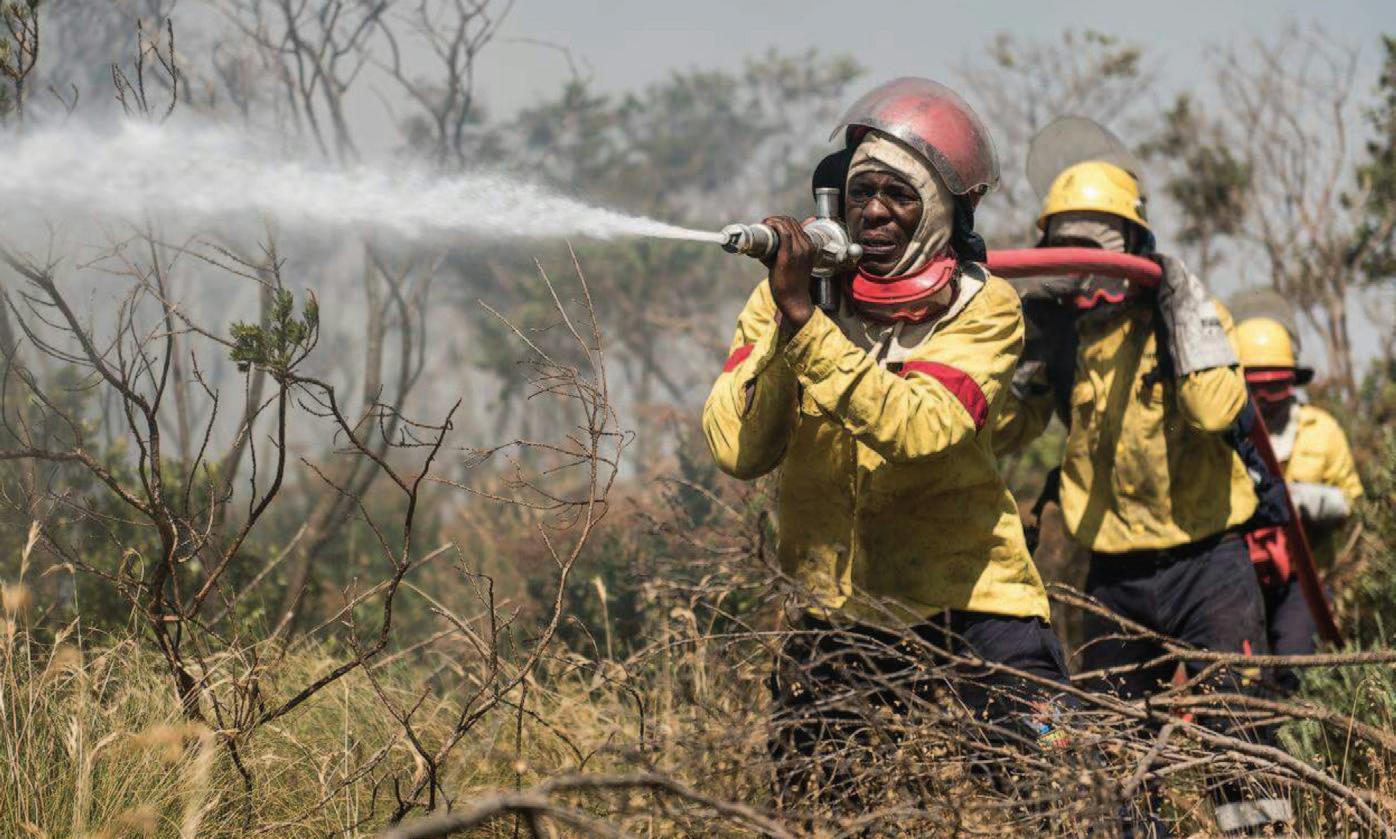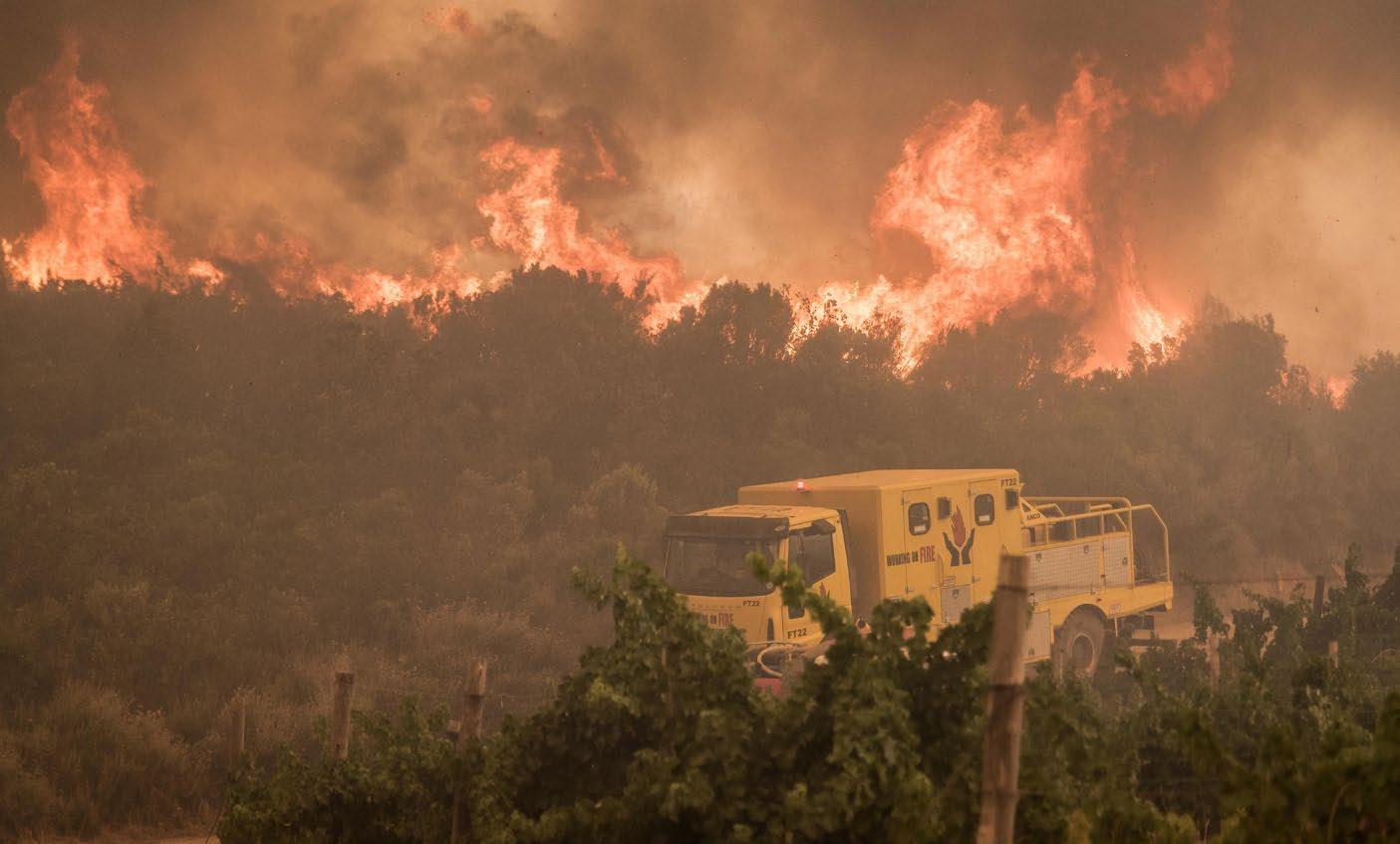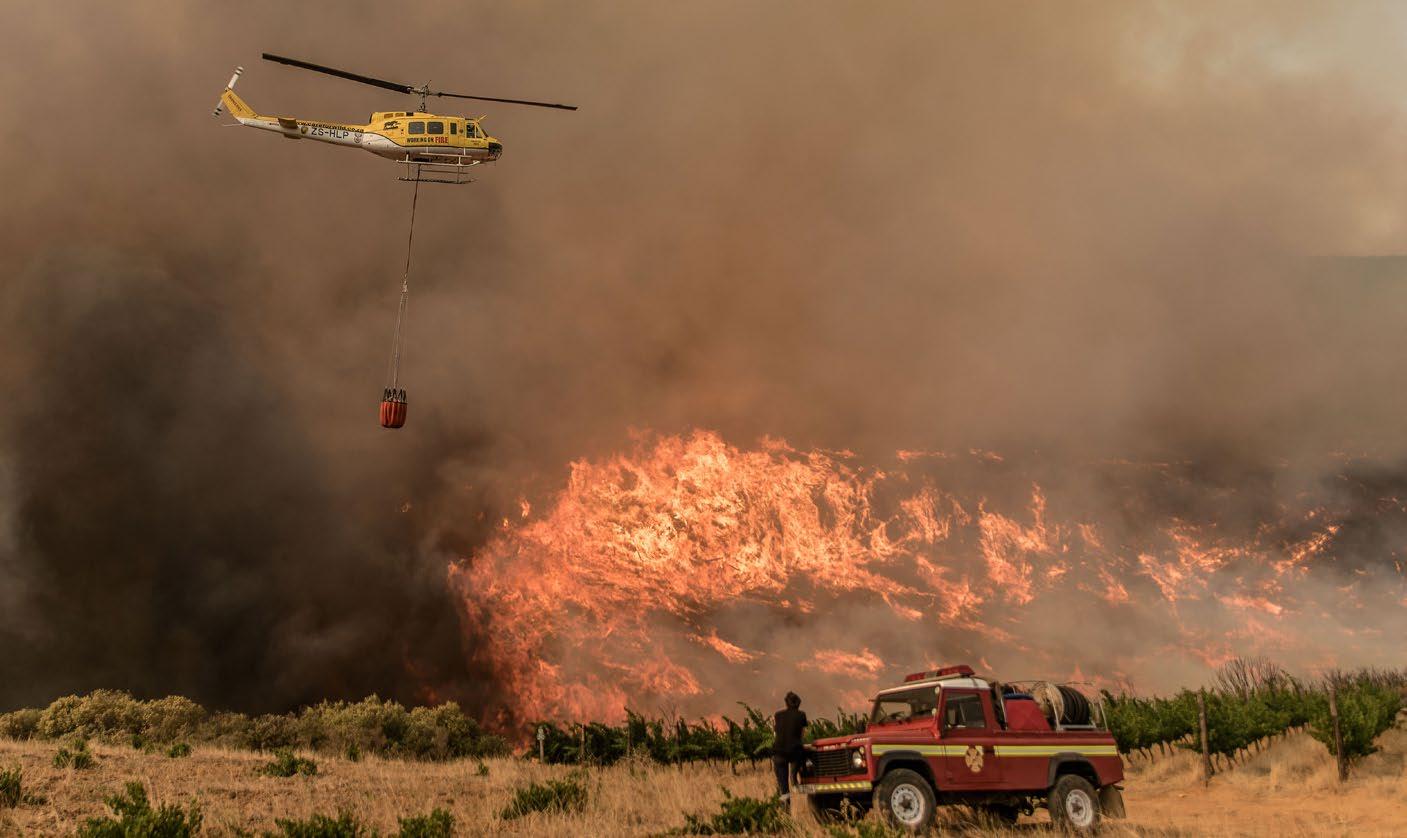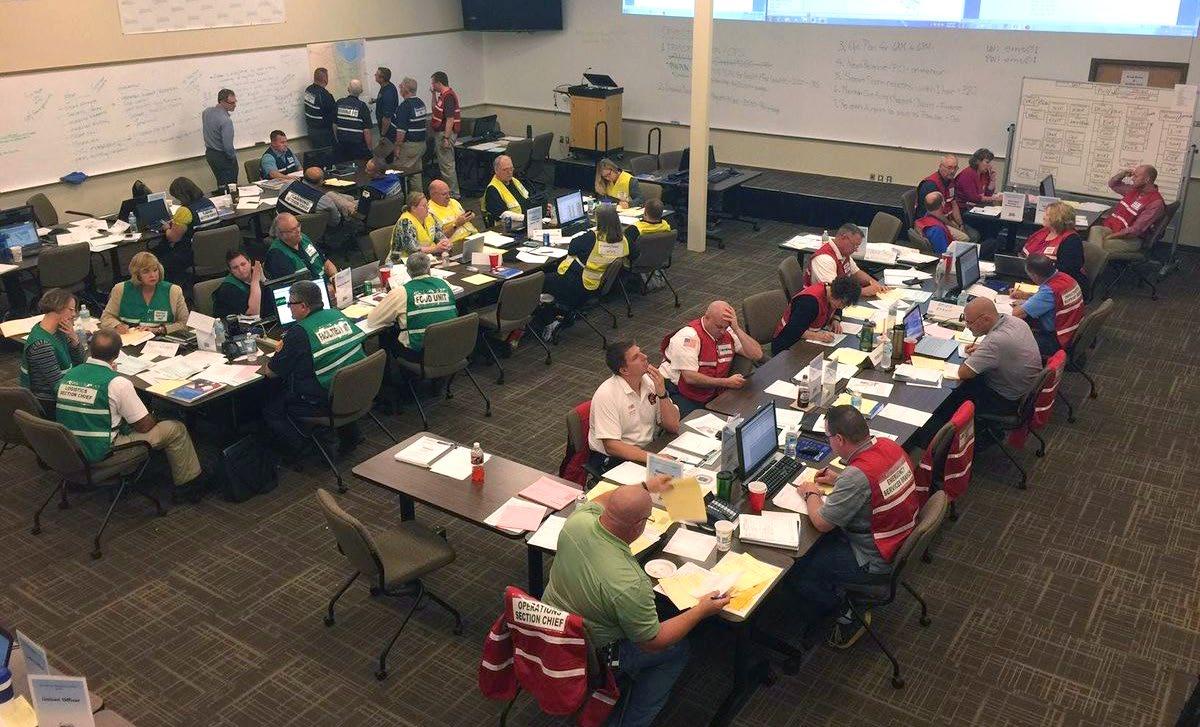
4 minute read
Cover profile Working on Fire celebrates 17 years of successful partnerships
Working on Fire celebrates 17 years of successful partnerships
The award winning Working on Fire programme, funded by the Department of Environment, Forestry and Fisheries, reached a milestone of having been in existence for 17 years during the month of September.
Advertisement
Over the past 17 years, Working on Fire, implemented by the Kishugu Group of Companies, has grown exponentially from its humble beginnings, with just 850 veld and forest fire fighters, to a globally renowned programme, employing over 5 000 people, encompassing Working on Fire, the High Altitude Team (HAT), the Drought Relief Project (DRP), the Value-Added Industries (VAI) project and its recent addition, the Forestry Support Team programme.
Celebrations of this milestone, with the theme, ‘17 Years of Successful Partnerships’, were held at national and provincial level, with various activities and events in all eight of the provinces whilst adhering to COVID-19 regulations. These partnerships include Working on Fire’s longstanding partnerships with the Department of Environment, Forestry and Fisheries, national and local government entities, public and private landowners and fire protection associations.
There are many highlights along Working on Fire’s 17-year growth path, with the many critical interventions in major disaster fires, such as the Knysna Fires in 2017, the George fires in 2018 and the Cape Town Table Mountain fire in 2015, showcasing Working on Fire’s sought-after integrated fire management services.
The 10-year celebration at ThabaNchu in the Free State, the participation in various international wildfire conferences and a showing at the 22nd African Forestry and Wildlife Commission highlight Working on Fire’s global footprint.
In addition, Working on Fire has had successful deployments of fire fighters and management to Canada, Indonesia and Chile.

Working on Fire’s contribution to saving lives and protecting the environment is self-evident in the number of fires attended, disaster relief as in the case of the Lowveld floods in Mpumalanga, the tornados in the Free State and the rescuing of children from shack fires.
Equally important has been the impact of restoring dignity to the unemployed youth, who are recruited from disadvantaged communities, into the programme and have gone through the ranks and now occupy management positions.
Currently, Working on Fire employs just over 30 percent of women and this are the highest level of women employment in the fire services globally. Moreover, 51 percent of Working on Fire’s management are women, many of them former fire fighters.
In addition, we have developed a dedicated Women’s Forum over the past few years, which provides our women employees an opportunity and platform to engage on a wide range of issues affecting them in the workplace.
In 2007, Forestry SA CEO, Mike Edwards, stated after a devastating fire season, that “Forestry South Africa has sustained losses of R3,6 billion and that if it was not for Working on Fire, that losses would have been double.”
Working on Fire has created a development path for the up skilling of former participants and current fire fighters to become functional managers within the programme. Today Working on Fire participants occupy 60 percent of the management positions in the programme. The crew leaders in the programme are also former participants who have been trained and skilled to lead the Fire Fighting Teams at bases across the country.
Striding the global stage - international deployment This has been one of the remarkable facets of the development of Working on Fire programme, both in terms of how it projected our abilities on the international stage but the impact of these deployments had for our fire fighters. Indeed, the threats of climate change point to this becoming a potential area of growth in the future.
There are many former fire fighters who are now serving in Working on Fire management and many other alumni are now engaged in full time employment in state structures such as the South African Police Service (SAPS), the South African National Defence Force (SANDF), Correctional Services, municipal fire services, other local government structures, conservation agencies, the private sector and those who pursued entrepreneurial careers on the foundation of their experience in Working on Fire.
Working on Fire has an extensive collection of letters of recognition and appreciation from various communities where Working on Fire teams assisted in saving their lives and property from fires. In 2012, the late Minister of Water and Environmental Affairs, Edna Molewa, during her visit to the Working on Fire Training Academy on 23 November, officially handed over the Kamoso Award for the best performing Expanded Public Works Programme (EPWP), under the sector Environment and Culture, to Working on Fire.
The late Minister Molewa said, “Working on Fire has once again excelled in their commitment to create jobs, to alleviate poverty, to skill previously unemployed youth and successfully having contributed to South Africa’s integrated fire management capacity.”
In October 2012 Working on Fire received a certificate of excellence in the Centrum Guardian Awards. Crew Leader, Jonas Zandamela and the Nkomazi Team in Mpumalanga represented Working on Fire with their rescue efforts during the floods in the Lowveld earlier in 2012.












